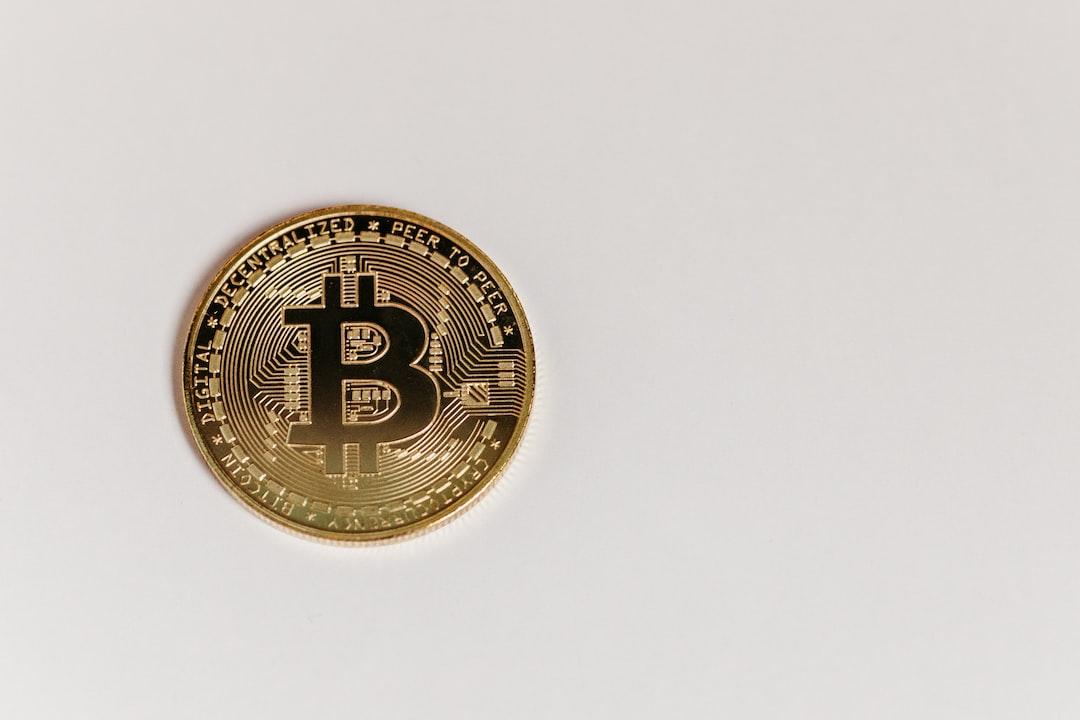
EIP-4788 will greatly benefit DApp security and reduce industry-wide risks. By eliminating reliance on external oracles (which saw $1 billion in DeFi hacks in 2022), the Cancun upgrade strengthens the ecosystem and its ability to resist major attack vectors. This change aligns with a broader trend towards protocol-owned infrastructure to mitigate risks.
As cryptocurrency staking matures into a multi-billion-dollar industry, liquidity staking protocols are expected to experience exponential growth. In the past year, the total value locked in Ethereum liquidity staking has increased by over 300%, reaching $5 billion. Protocols like Lido, Rocketpool, Swell, and Stader enable direct access to critical data such as validator balances and states, improving efficiency and security. While Ethereum liquidity staking has seen growth since transitioning to PoS, Lido still dominates. We expect this growth to continue after the Cancun upgrade, with Lido’s share further diluted by the addition of new protocols like Ankr.
Re-collateralization protocols like Eigenlayer, KelpDAO, Swell, and ether.fi also benefit from direct data access to enhance operations. Notably, Renzo as part of the Eigenlayer ecosystem has already launched on the Ethereum mainnet. While liquidity staking protocols are also entering the space, re-collateralization niches are still in early stages. Eigenlayer currently holds a leading position, as evidenced by the surge in its staked assets by mid-2023, partially due to increased caps. The Cancun upgrade and future Eigen token economics are expected to drive ecosystem development.
The Cancun upgrade will further unleash the creativity of DeFi products utilizing staked assets. For example, Lybra Finance and Prisma Finance have already offered diversified risk/reward configurations for staked ETH. Yield aggregators with adventurous spirits like Abracadabra may expand into liquidity/re-collateralized assets. More composability will open doors to growth.
The Cancun upgrade also strengthens cross-chain bridges through optimizations in EIP-4788 and cost reductions in EIP-4844. Lower fees reduce the isolation of Layer 2, increasing the utilization and importance of bridges in interchain networks. This stimulates the prosperity of a more extensive cross-chain ecosystem.
For blockchain gaming, Cancun’s Layer 2 enhances the gradual realization of decentralized Web 2.5 models, while providing convenience for early adopters of truly blockchain games. With reduced performance barriers, developers can focus more on gameplay and business logic. This brings the vision of a thriving ecosystem closer to reality, paving the way for blockchain games to disrupt the $200 billion gaming market.
About CoinEx:
Founded in 2017, CoinEx is a global cryptocurrency exchange committed to making trading simpler. The platform offers a range of services, including spot and margin trading, futures, swaps, automatic market makers (AMM), and financial management services, serving over 5 million users in 200+ countries and regions. Since its inception, CoinEx has adhered to the service principle of “user first.” With the sincere goal of nurturing a fair, respectful, and secure cryptocurrency trading environment, CoinEx enables individuals with different levels of experience to enter the world of cryptocurrencies easily.
This article is provided by the official source and does not represent the stance or investment advice of this website. Readers are advised to conduct their own careful evaluation.
Successful Conclusion of CoinEx Taiwan’s 7th Anniversary Celebration, Embracing the Arrival of the Web3 Era Hand in Hand with Users
Since its establishment in 2017, CoinEx has been a professional cryptocurrency trading pla…
